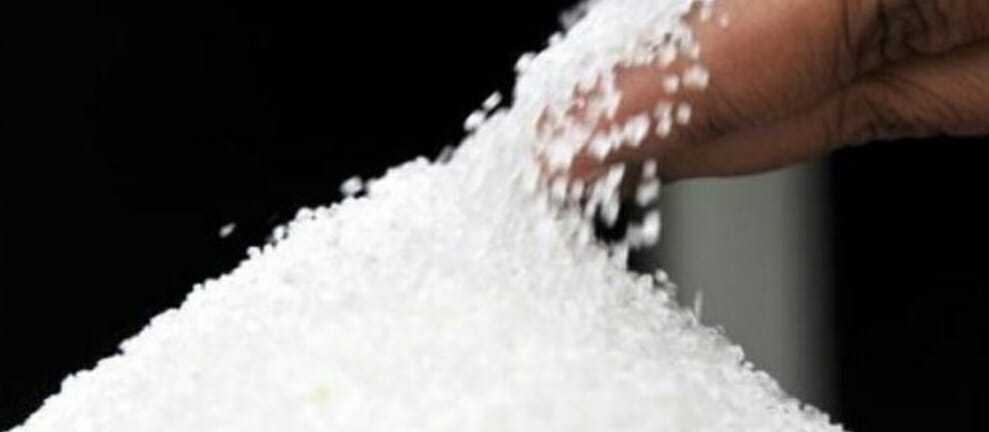The importation of sugar has been restricted to three companies by the Central Bank of Nigeria (CBN) due to their backward integration programmes.
The companies are Dangote Sugar Refinery Plc, BUA Sugar Refinery Limited, and Golden Sugar Company – owned by Flour Mills of Nigeria Plc.
This was contained in a statement signed by its director of trade and exchange department, Ozoemena Nnaji.
The apex bank said the companies are the only entities to import sugar into the country.
Recall that the CBN in April had hinted that it is planning to include sugar on the list of import items banned from accessing foreign exchange (FX) to reduce the $1 billion annual import bill and encourage local production.
According to the statement, CBN said the development is due to “reasonable progress” by the companies in achieving backward integration policy in the sector.
The backward integration policy in the sugar industry involves increased production in the supply chain and the expansion towards other materials needed for core products.
“The Federal Government of Nigeria under the National Sugar Development Council established the Nigerian Sugar Master Plan to encourage and incentivise sugar refining companies in their Backward Integration Programme (BIP) for local sugar production,” the statement reads.
“Accordingly, the underlisted three companies, who have made reasonable progress in achieving backward integration in the sector, shall only be allowed to import sugar into the country.
“BUA sugar refinery limited, Dangote Sugar Refinery Plc, Golden Sugar Company.
“In view of the foregoing, authorised dealers shall not open Forms M or access foreign exchange in the Nigerian foreign exchange market for any company, including the three listed above for the importation of sugar without the prior and express approval of the Central Bank of Nigeria as the bank is charged with the mandate of monitoring the implementation of the backward integration programs of all the companies.”
In 2015, the apex bank restricted 41 items from accessing foreign exchange, adding that the measure was to encourage local production of the items and conserve Nigeria’s foreign reserves.

